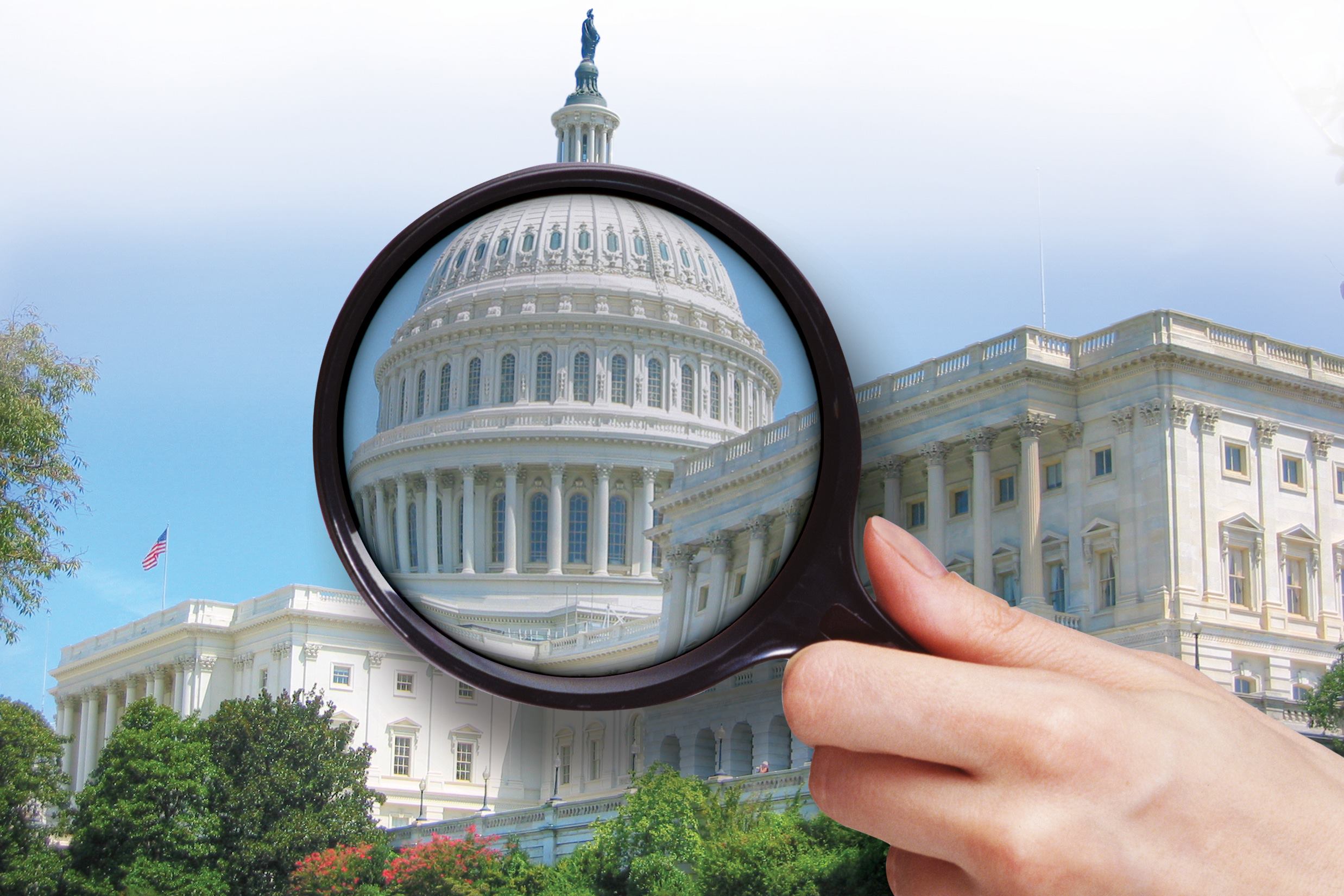Increased costs of doing business aren’t anything new for Brian Quint. The president of the Seattle area’s Aqua Quip has helmed the company, with its eight retail locations plus construction and service operations, for quite a while. But this year he is acutely aware of the city, state and federal legislative changes that could make operations more expensive than ever for business owners in the pool and spa industry. These include minimum-wage increases, new gas taxes and a California law that allows those not in the United States legally to receive driver’s licenses.
“The fear is, when do the prices of our goods and services get so high the consumers just go, ‘You know, I really just can’t afford that product?’” Quint said. “And that’s the ultimate fear. That’s way down the road. I think in the short term, we’ve got to make sure that we’re smart and observe it and we increase our [prices] appropriately when that happens.”
Aqua Quip is closer than most pool firms to the minimum-wage issue. It has the “luck,” shall we say, of being located at the height of the debate and increases. In 2014, Seattle voted to phase in a $15-per-hour minimum wage — the highest in the nation — over the next several years, with exact timelines determined by the size of the business. Quint, with 70 employees, luckily has a bit more time than others.
But he’s aware that the new law will raise expectations for all employees, not only those earning minimum wage. “Really what it does is, it raises the floor of labor costs,” Quint said. “… Even somebody who’s making $18 today, well over the minimum wage, they’re going to have a feeling that their wage should be [higher].”
That’s really the crux of the minimum-wage debate. To attract and retain valuable employees, most pool and spa business owners pay employees more than the state minimum. So they primarily worry about the ripple effect from the new increases — the need for employers to adjust overall pay ladders to keep employees at the same rate above the minimum. For instance, if an $18-per-hour employee in Seattle is used to earning $7 more than minimum wage, they likely would expect an increase to $22 per hour to maintain that difference.
Nineteen states saw minimum-wage hikes in 2015 — some from legislation enacted in 2014 and others from regular annual increases tied to inflation. Another three states will see boosts this summer.
“If there is a federal gas tax increase, it will directly impact all in our industry, but especially those with a large fleet of work trucks by requiring them to pay more to fuel their vehicles,” said Jennifer Hatfield, government affairs director with the Association of Pool & Spa Professionals. “APSP is monitoring to see what Congress will do. Recognizing this will impact all small-business owners, we hope Congress will weigh heavily all aspects of such an increase before doing so.”
Also on the industry’s radar is the possibility of a federal gas tax, a measure gaining momentum in Congress as the country enjoys record-low gas prices. Plus, in California, a global warming tax is being collected this year from gas retailers for additional per-gallon charges.
Because of current low prices, the increases aren’t as noticeable as they otherwise could have been.
“The timing’s worked pretty well for the government,” said John Norwood, president of the California Pool
& Spa Association.
But prices undoubtedly will go up again. So, over the long term, the taxes could pose a challenge, especially to service technicians, who may have to consider increasing their rates. “There’s a tipping point there, and you always have to be careful of that tipping point, where people say they can’t afford it anymore,” Norwood said.
One silver lining is that the gas tax affects all industry businesses fairly equally.
Online retailers might have increased prices because of bigger freight costs, so there won’t be an advantage over brick-and-mortar stores. All service technicians will contend with the cost, equalizing it between competitors.
“It’s just an additional cost that’s going up that ultimately needs to be passed on to our customer,” Quint said.
But California industry professionals worry that a new state law will weaken the concept of fair competition there.
Recently, legislation passed allowing the issuance of driver’s licenses to those living in the country without legal permission.
“There’s already an underground economy out there, and this facilitates it more,” Norwood said.
The underground economy in California already is a multibillion-dollar one, he said, and allowing unauthorized residents to be legal drivers could make them better able to compete with legal residents who own businesses, especially service technicians.
“If they’re not here legally, they can get a driver’s license and compete with you, but at the same time, they’re not paying the taxes and things like that that regular businesses are,” Norwood said. “It undermines those people who are doing things legally.”
California’s situation is one that APSP will watch in case it proves to be the beginning of a trend toward loosening immigration regulations, Hatfield said.




